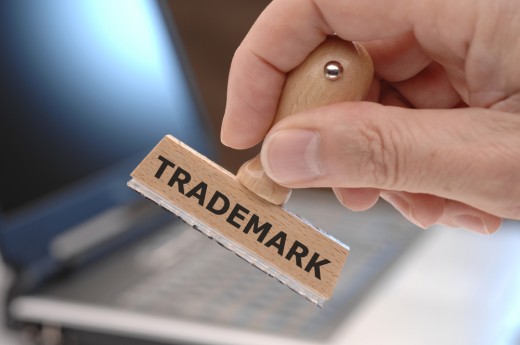 In the recent case of Red Bull AG v Bakewell Biscuits Pvt Ltd, the Delhi High Court granted an ad interim injunction to the plaintiff, the energy drink giant. The plaintiff had registered and used its well-known Red Bull trademarks and the blue and silver trapezoid mark. The plaintiff was aggrieved by the unlawful use by the defendant of the identical blue and silver trapezoid mark and the deceptively similar mark, Red Horse. The defendant had used the Red Horse label on packaging for what it described as energy candies.
In the recent case of Red Bull AG v Bakewell Biscuits Pvt Ltd, the Delhi High Court granted an ad interim injunction to the plaintiff, the energy drink giant. The plaintiff had registered and used its well-known Red Bull trademarks and the blue and silver trapezoid mark. The plaintiff was aggrieved by the unlawful use by the defendant of the identical blue and silver trapezoid mark and the deceptively similar mark, Red Horse. The defendant had used the Red Horse label on packaging for what it described as energy candies.
The plaintiff alleged that the impugned marks were bad faith copies and that the defendant was contravening the rights that the plaintiff owned in its own marks. The defendant adopted an identical or deceptively similar mark, Red Horse, and used a Red Horse label incorporating the blue and silver trapezoid device. The two horses were in a charging posture or position with a yellow backdrop and sun disk. All these characteristics had the same colour combinations, stylisation, fonts and placement of text as those used by the plaintiff, as well as images that mimicked the Red Bull marks of the plaintiff. The impugned marks were prominently displayed on its website. The plaintiff sent an unanswered cease and desist notice to the defendant to stop the use of the marks. The plaintiff also filed an opposition against the defendant’s application to register the Red Horse mark in class 30.
The court noted the plaintiff’s previous trademark registrations and the fact that the Red Bull trademark of the plaintiff was recorded as a well-known trademark in the Trade Marks Registry. The Delhi High Court declared as well-known trademarks the plaintiff’s trademarks of the Double Bull, and the Single Bull devices in Red Bull AG v C Eswari & Ors. The plaintiff submitted voluminous documentation on the registration of its trademarks, the sales figures of the Red Bull energy drink, its market share and the costs of advertising and promoting its marks.
The court granted an ad-interim injunction, and restrained the defendant from using or passing off the impugned marks or any other mark, device, logo, domain name or trade name which could be deceptively or confusingly similar to the plaintiff’s registered trademarks, including the name Red Bull, the Double Bull device, the Single Bull device and the blue and silver trapezoid device, in respect of any goods including candy and confectionery items.
This case reiterates the importance of brand protection in today’s fast-paced and competitive environment. The court not only condemned the blatant misuse of well-known marks, but also confirmed that intellectual property rights (IPR) are among the most important and valuable assets of any business. Red Bull is a pioneer in protecting its brand. It does indeed act like a charging bull. It has not only secured registrations for its marks but has also taken action against any misuse by third parties in many jurisdictions.
In this case, a major concern for Red Bull was the brazenness of the way that the defendant, a small company, slavishly copied its well-known marks. Red Bull has sold products other than energy drinks, and there was a likelihood that the end consumer would believe that it was Red Bull that was making and selling the energy candies that the defendant was producing. This would cause confusion among the public. By aggressively taking action against illegal use Red Bull has ensured that unauthorised third parties do not profit from its name, brand and trademarks. Red Bull has a page on its website through which members of the public are able to report fraud, and has set up a dedicated email address for the same purpose.
With counterfeiting and infringing activities being so rampant online, it is very important for the owners and holders of IPRs to be vigilant and to deter infringers and counterfeiters by taking strict action against them. It takes much time, money and effort to build a brand but much less time to devalue and ruin it. Any illegal use of trademarks by unauthorised third parties may cause loss of revenue and more importantly, dilution of brand value, destruction of brand equity, reputation, goodwill and trust, which the brand owner has painstakingly created over many years. Protecting a brand by registering intellectual property is a key factor to deter and prevent brand abuse.
In this article, Manisha Singh and Malyashree Sridharan share their views about the recent case of ‘Red Bull AG v Bakewell Biscuits Pvt Ltd’ and shed light on the importance of brands protection.



